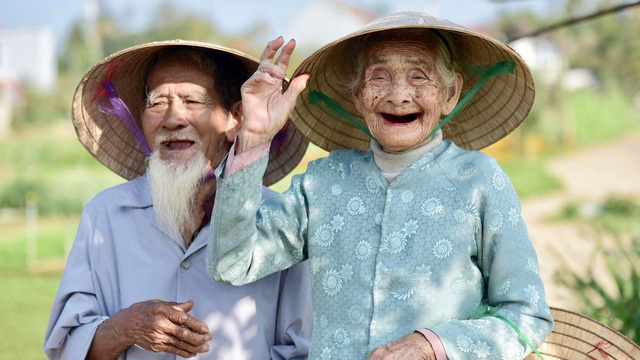Elderly healthcare goals envisaged as VN is among fastest ageing societies
VGP – Prime Minister Nguyen Xuan Phuc has recently passed an elderly healthcare program figuring out elderly healthcare goals through 2030.
|
|
|
Viet Nam is one of fastest ageing societies in Asia |
Under the program, the Government expects to raise the rate of elderly people and their caretakers accessing information on population ageing and rights to healthcare to 70% and 85% by 2025 and 2030, respectively.
By 2025, 70% of the elderly will undertake periodic health examination at least once a year and 95% of them will have their health monitored.
By 2030, all the elderly who are unable to take care of themselves will be supported by their families and the community.
The rate of intergenerational self-help clubs with healthcare as part of their activities, is expected to increase to 80% by 2025 and 100% by 2030.
An intergenerational self-help club is a community-based model. It has become the largest care provider with nearly 3,000 clubs across Viet Nam.
To fulfill the above goals, the Government called for public support and engagement while authorities at all levels have to strengthen leadership in caring for the elderly people’s health.
The Government will consolidate and expand primary health care delivery capacity for the elderly, and gradually develop long-term healthcare models for them.
The program aims to improve professional skills for those who take care of the elderly at the National Geriatric Hospital, district-level hospitals and medical centers, communal-level medical stations, grass-roots staff and volunteers in charge of population affairs.
In addition, geriatrics will be integrated into training programs of medical universities nationwide.
Especially, the Government gives priority to implementing the program in localities with high rates of the elderly, remote and far-reaching areas, ethnic minorities areas and islands.
The Government assigned the Ministry of Health to take prime responsibility and work with the Ministry of Planning and Investment, the Ministry of Finance, and relevant agencies to implement the program.
Experts predict that Viet Nam will become one of the fastest aging countries in Asia.
By 2035, the ratio of the population aged 65 or above will have jumped from 7% to 14% in a period of just 17–18 years. By 2050, the number of people 60 years and older will increase from 11.9 million to 29 million people, or nearly one third of the total population. The number of people over 80 is forecast to make up 6% of the population.
Aging population will have major social, health, and economic implications for the country, particularly given that Viet Nam has limited resources to properly respond to such rapid changes and has not established a long-term care system yet./.
By Kim Anh


